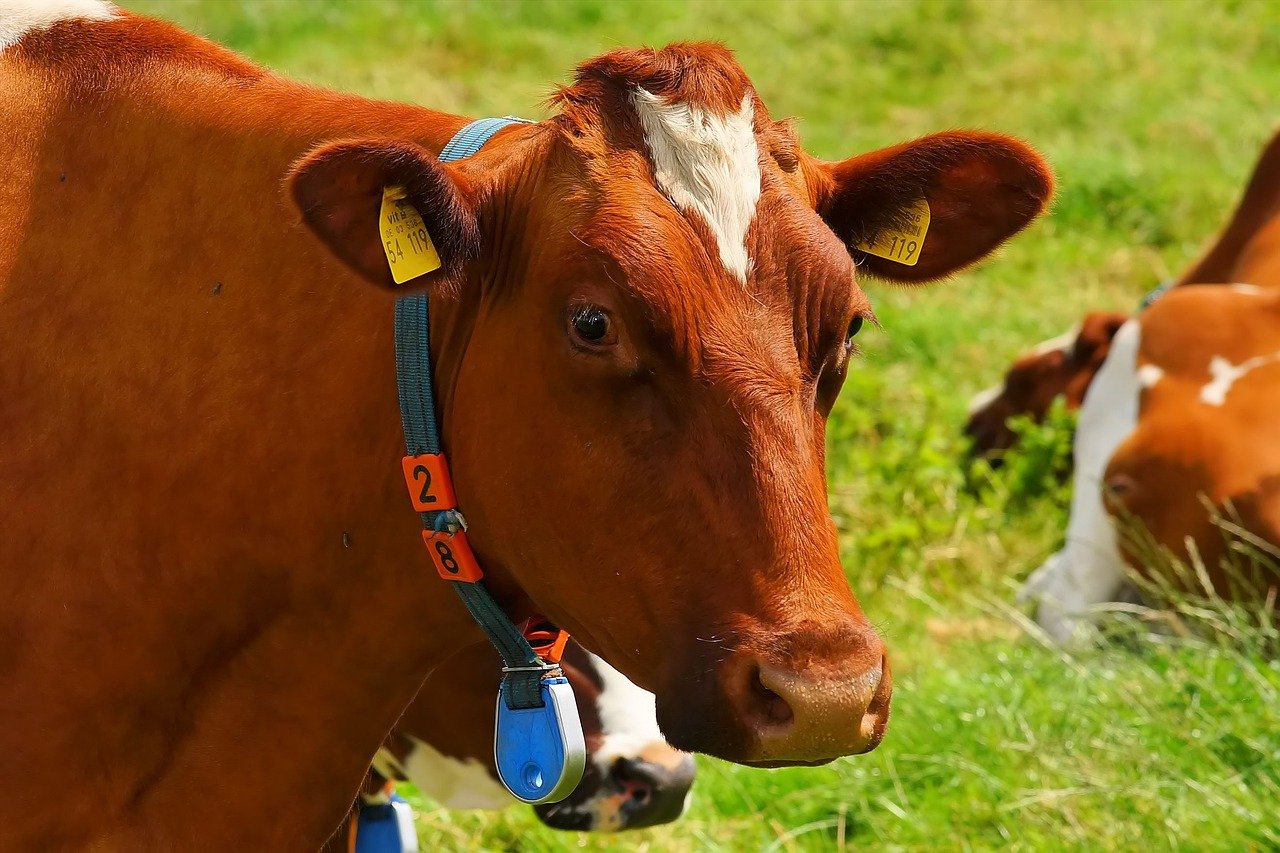Cannabis May Slow Brain Aging
A recent study has revealed that cannabis may hold the key to slowing down the aging process of the brain. Researchers have discovered that the active compound in cannabis, tetrahydrocannabinol (THC), can reverse age-related cognitive decline in mice.
The study, conducted by scientists at University Hospital Bonn in Germany and the Hebrew University of Jerusalem in Israel, focused on the effects of low-dose THC administration on older mice. The results were astonishing: the mice treated with THC exhibited improved cognitive function, increased synapse density, and enhanced metabolic activity in the brain. As a result, researchers believe that this discovery may offer new ways to keep our brains healthier and more agile as we age.
How Does THC Work?
The researchers believe that THC’s anti-aging effects are primarily due to its interaction with the mTOR protein, a key regulator of cell growth, metabolism, and aging. Specifically, by modulating mTOR signaling, THC appears to stimulate the formation of new synapses and, consequently, enhance brain function.
In this study, researchers used two groups of mice: a younger group around four months old and an older group around 18 months old. In each group, some mice received a daily low dose of THC for 28 days. Subsequently, the effects were then compared to those of age-matched controls.
The THC-treated mice showed increased mTOR activity in the brain. They also produced more proteins needed to form new synapses between neurons, which is crucial for almost all aspects of brain function.
Dr. Andras Bilkei-Gorzo, a researcher who conducted the study, suggested that the findings could potentially lead to the development of future anti-aging treatments. “Our study suggests that a dual effect on mTOR activity and the metabolome could be the basis for an effective anti-aging and cognition-enhancing drug,” he explained.







